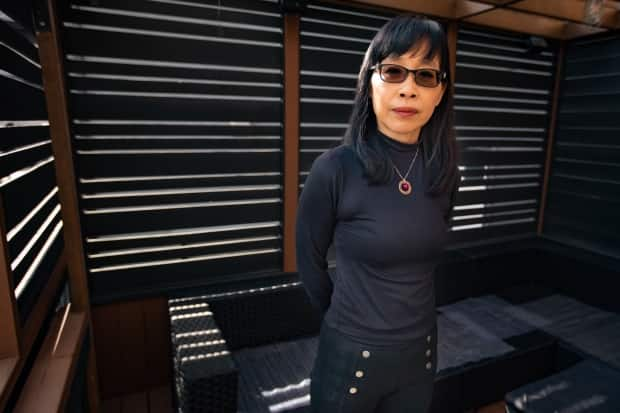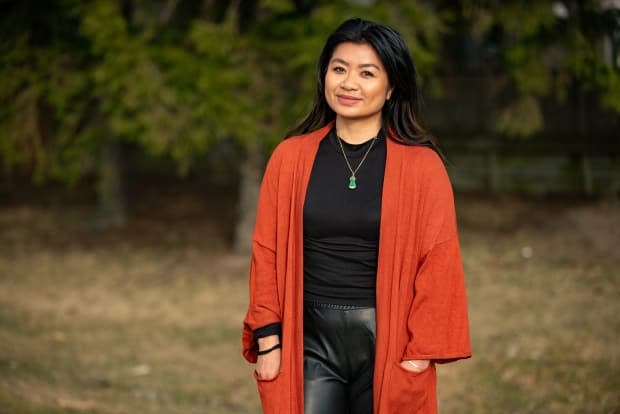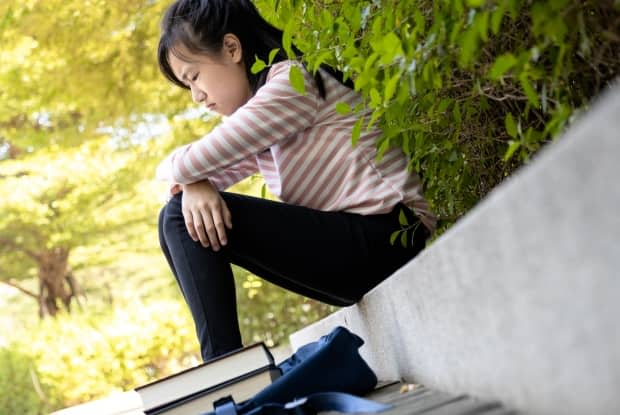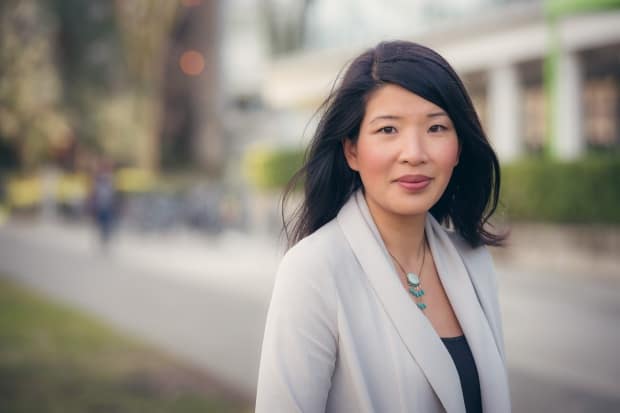How teachers are fighting damaging stereotypes in class amid spike in anti-Asian attacks

When Mary Reid first heard about the mass shooting at three Atlanta massage parlours earlier this month, she felt heartbroken about the killing of eight people, six of whom were Asian women. However, when the education professor tuned into coverage of the police briefing following the arrest of the suspect, that feeling turned to rage.
"The words they used really put a spotlight on the killer and it devalued the victims' lives. The police talked about the killer having a 'bad day,' that the killer was 'at the end of his rope.'... Police went on to say that he 'eliminated' these locations because they were temptations for his sex addiction. As an educator, it's so important that we teach students to be critical," Reid said.
"Let's just deconstruct that statement [and] the term "eliminate." I eliminate my credit card debt. I don't eliminate lives.... We need to call this out."
It spurred Reid, an assistant professor at the Ontario Institute for Studies in Education at the University of Toronto, into writing an impassioned response about the need to dismantle systemic anti-Asian racism, hand in hand with ongoing efforts against anti-Black and anti-Indigenous racism. As an executive member of the Asian Canadian Educators Network, she also helped organize a virtual forum for educators across the nation to respond and reflect on the tragedy.
The shooting comes amid an alarming spike in attacks against people of Asian heritage over the past year in conjunction with the COVID-19 pandemic, and Canadian teachers aren't shying away from exploring this disturbing thread as they tackle anti-racist education in their classrooms.
WATCH | Educators are fighting anti-Asian racism inside classrooms:
For Reid — a first-generation Chinese-Canadian and mother of two daughters in post-secondary school — the Atlanta shooting and the initial police response resonated in a powerful way.
"I have experienced being fetishized: that my body has been equated to a commodity, that my Asian female body somehow perpetuates 'yellow fever,'" she said.
"[I hoped that it] would be all behind me and that my daughters would be in a different world. Obviously, the Atlanta shooting demonstrates that we are immersed in this misogyny that perpetuates Asian females as a commodity, as an object for white males."
For Reid, it's important for educators to combat this and other damaging stereotypes and misconceptions in the classroom. It means, for example, doing away with the myth of Asians as an obedient model minority predisposed to math and science. It also means dropping the notion of the community as a monolith in favour of acknowledging Asian Canadians as a rich, diverse diaspora from numerous nations — which includes multiple generations of citizens.
"As educators, we have to critically interrupt [and] interrogate our implicit biases.... If we expect Asian students to be quiet and we have Asian students who are not quiet, then that's going to disrupt our notion of how we actually interact with them. We might be more angry with them because they're not abiding by our implicit assumptions," she said.

Teacher highlights her students' voices, cultures
Racist assumptions played into Mary Tran's education from the very beginning and have helped fuel the elementary school teacher's desire to change things for younger generations.
Canadian-born Tran grew up bilingual, speaking Vietnamese with her parents — refugees from Vietnam — as well as English with her siblings at home. When she started school, however, officials slotted her into an English-as-a-second-language stream.
"I didn't really understand why because I could speak English," she said. "My parents said: 'You need to listen to your teachers, do what they tell you to do. Be quiet, don't cause trouble.'"
Tran said that mentality was a reaction to how racialized communities are viewed and expected to act and assimilate to white Canadian culture.
Now, as a teacher for the Toronto District School Board (TDSB), Tran said she focuses on highlighting her students' voices, cultures and histories. She discussed the Atlanta mass shooting and anti-Asian racism with her Grade 8 virtual school students, adding to her previous and ongoing lessons about anti-Indigenous and anti-Black racism.
"Everyone needs to have a voice within the system so that ... all of the histories are learned, heard and understood within the education system, so that we can start to build curriculum that speaks to all of the students," she said.

Tran is also co-author of the recently released teaching resource Addressing Anti-Asian Racism. Created through a partnership between the TDSB and the Elementary Teachers' Federation of Ontario, the resource is a toolkit with historical context, terminology important to consider and other materials — including questions for reflection and suggested actions for recognizing and calling out anti-Asian racism within school settings.
"I have 10 nieces and nephews who range from age three to 27," Tran said.
"It's important for me to let them know that regardless of where they are in this world and what they choose to do, their Asian identity is important, and it's not something that they should just leave at the door when they enter various spaces."
'We need the adults ... to lead by example'
Carol Liao, a Vancouver parent of three school-aged children, said she has felt heartened by the efforts of Canadian educators teaching a broader picture of the country's history and its present.
As a second-generation Taiwanese Canadian, Liao recalled that her own childhood history lessons revolved around British and French battles to colonize Canada, with a limited amount of learning about Indigenous peoples.
"I never learned about the Chinese head tax or the Exclusion Act. I also never heard about the Japanese-Canadian internment camps or [the Japanese steamship] Komagata Maru or legalized slavery, Hogan's Alley, Africville ... I can go on. But I can just tell by the schoolwork my children bring home now that these things have changed for the better," she said.
"Their teachers are educating them on residential schools, on Black Lives Matter and building on those histories that haven't been adequately told until now."

To further support K-12 educators, Liao recently moderated an online discussion of another recently launched free resource called Challenging Racist "British Columbia": 150 Years and Counting. Aimed at teachers, scholars and policy-makers, the book and forthcoming digital offering explore racism in the province's history and connect it to the present day.
Though Liao said she generally feels positively about teachers working to combat racism in education — something the University of British Columbia law professor is also doing with her own students — she believes that the momentum must also continue outside of the classroom.
"If there is racism present in the schools, it's because it's present in the community."
According to Liao, too many Canadians forget or ignore the country's racist history, as well as connections between that past and the systemic racism of the current day.
"It's much harder for us to admit our own racist tendencies, both conscious and unconscious. There's a lot of defensiveness," she said.
"We need to obviously teach our children about the history and ongoing realities of racism and resistance — and how they can contribute to a more equitable world. We need the adults to do that, too: to lead by example."

